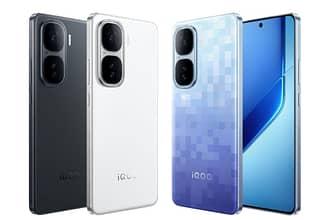The benefits that silicon-carbon batteries bring to the table have us scratching our heads because the top-tier brands such as Apple and Samsung have yet to embrace this technology for a plethora of products, though the two companies are said to be working on these hardware changes. For the Cupertino giant, a report claims that it is developing a ‘pure silicon’ battery and is teaming up with multiple manufacturers to make this possible. This venture is being undertaken so these cells last significantly longer than lithium-ion batteries, making them ideal for running AI-related workloads for extended periods.
The pure silicon battery from Apple is said to be devoid of any graphite, allowing these components to store more energy, resulting in increased ‘screen on’ time for iPhones
Alongside developing mobile HBM memory for an improved AI experience, ETNews reports that Apple is also working on pure silicon battery technology. The details do not mention if the firm will employ silicon-carbon cells or will end up manufacturing an entirely new cell, but these components will no longer feature graphite, a vital part of energy storage. Replacing graphite with silicon will allow the batteries to store a higher charge amount.
Additionally, the energy density can be increased without bumping the battery’s physical size, giving Apple sufficient freedom to experiment with the thickness of its future iPhones. An unnamed individual close to the industry has mentioned that to elevate the on-device AI experience, better battery performance is necessary, and Apple is pursuing this specific goal.
“In order to expand the mobile user experience through on-device AI, a quantum leap in battery performance is needed, and Apple is expected to implement this through silicon. The fact that pure silicon batteries are getting closer to commercialization can be interpreted to mean that the company has secured the technology to overcome the expansion problem of silicon materials.”
The report does not state when Apple intends to launch the first pure silicon batteries, but given the company’s propensity to adopt the newer technological standards much later, we expect a couple of years before these debut in future iPhones.
News Source: ETNews





